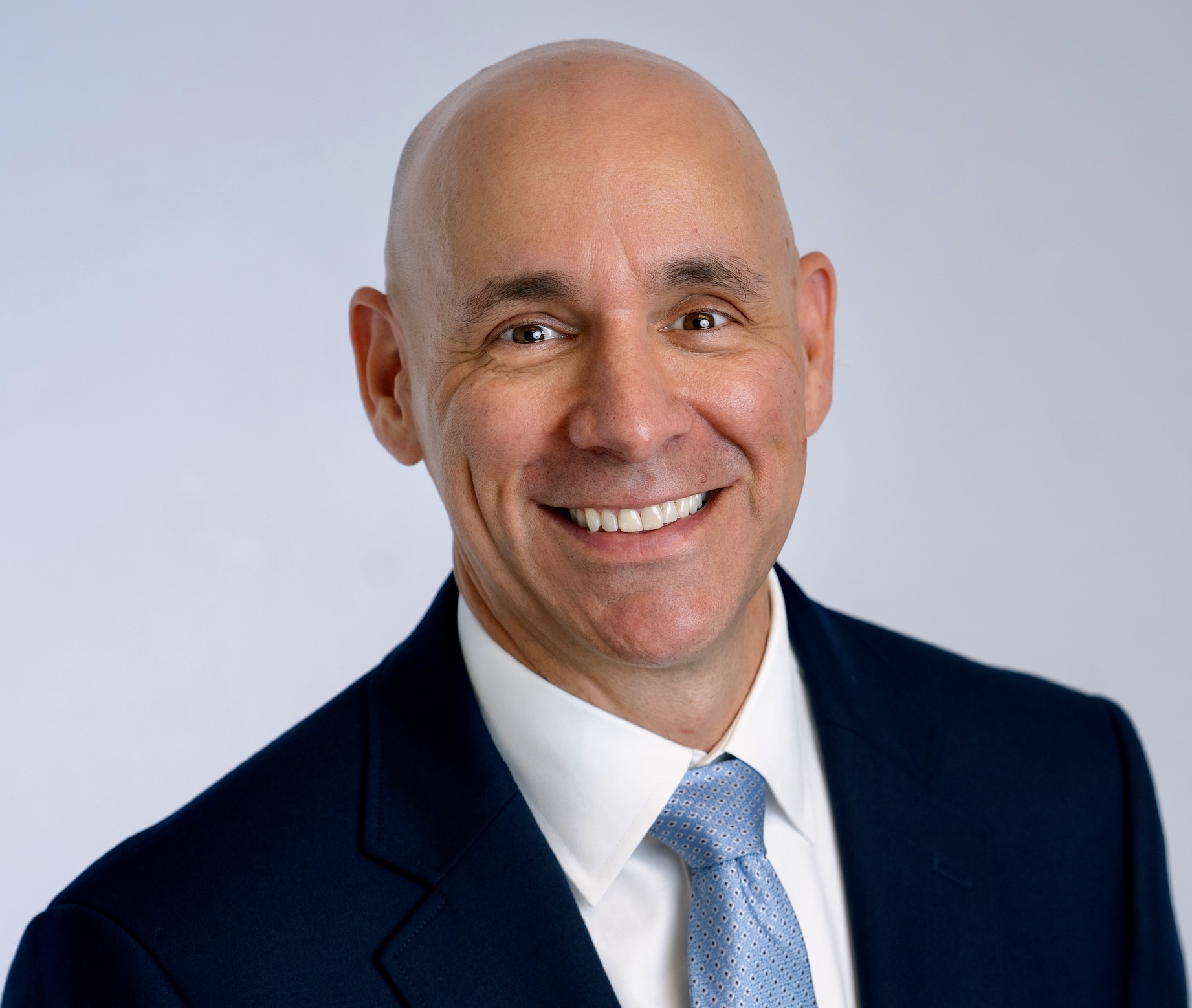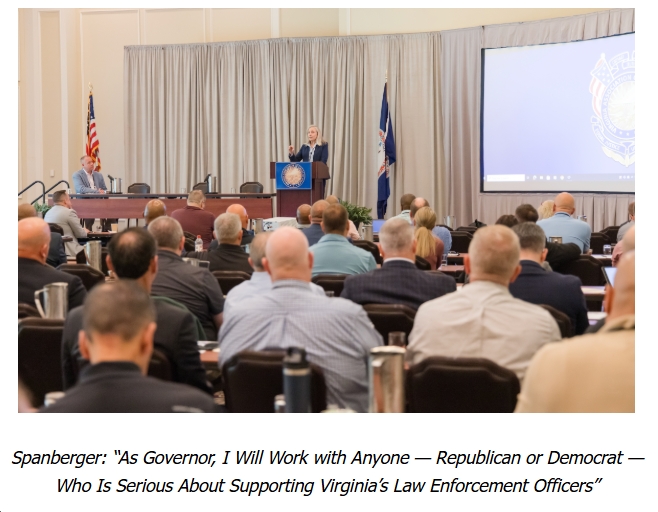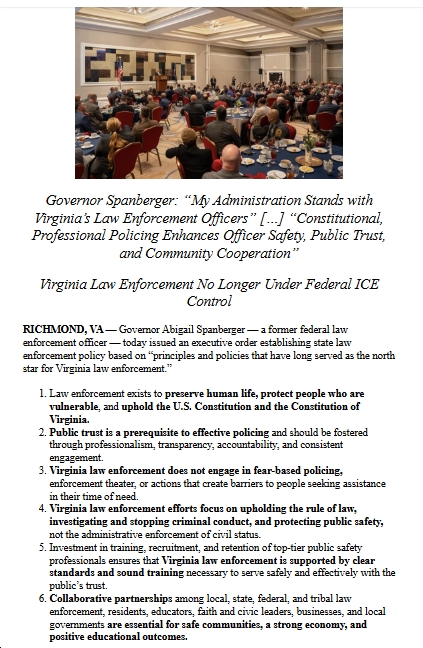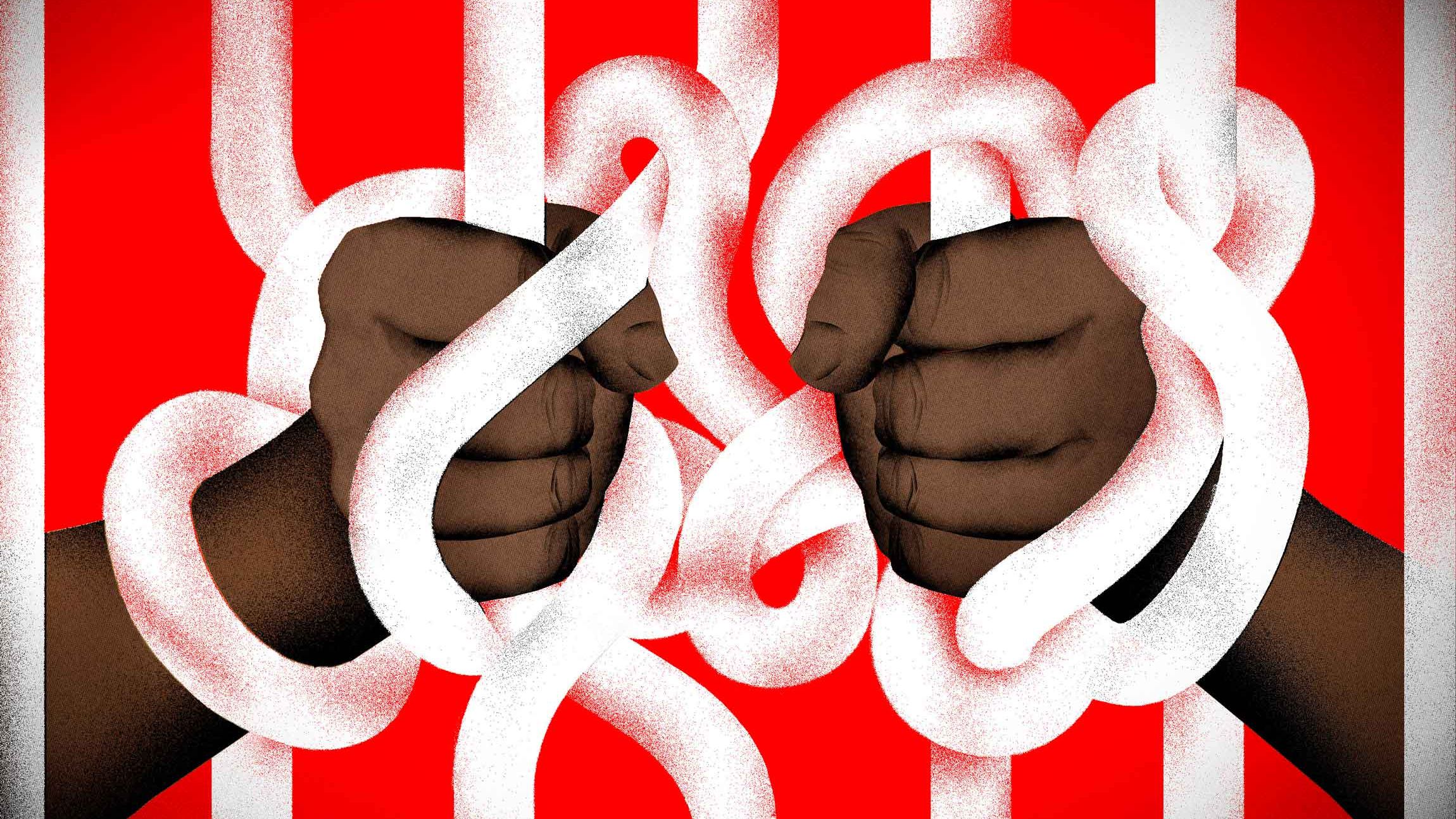by Arianna Zoghi and Amalia Garcia-Pretelt, University of Virginia, Class of 2019
More than 113,000 people have signed a Change.org petition urging Governor McAuliffe to intervene to prevent the April 25th execution of Ivan Teleguz. Teleguz was charged with hiring someone in 2001 to murder his former girlfriend. According to the Supreme Court of Virginia, in order to convict Teleguz, jurors “had to believe the testimony of [Alexsey] Safanov, [Edwin] Gilkes, and [Michael] Hetrick.” Teleguz was sentenced to death based on testimony that he also was involved in arranging an additional murder in Ephrata, Pennsylvania; prosecutors told jurors this proved Teleguz “solve[d] problems” by arranging murders, and that he could “dial up a murder” from prison if he was allowed to live.
Concern about the execution is growing quickly as people learn that two of the three witnesses jurors “had to believe”—Safanov and Gilkes—have provided sworn statements that their trial testimony was false, and they could not implicate Teleguz in the murder. Of equal concern is the fact that law enforcement has confirmed not only that Teleguz was not involved in a murder in Ephrata but that no such murder occurred in the small central Pennsylvania township.
So how could Teleguz have ended up on Virginia’s death row in the first place?
A petition filed in the U.S. Supreme Court explains the case as follows:
As soon a police learned of Teleguz’s previous relationship with the victim, they focused on him as their suspect. However, they could find no evidence implicating him. Years after the crime, Safanov, who was facing criminal charges and deportation, offered to testify against Teleguz in exchange for help obtaining a US visa and a generous reduction in his sentence. Safanov claimed that Teleguz confessed while the two worked at a construction site that he had hired a “black man” to kill his girlfriend. After the trial, Safanov gave a sworn, written statement admitting that his testimony against Teleguz was not true.
Safanov identified the “black man” as Edwin Gilkes, who he had met through Teleguz and other friends. Police confronted Gilkes, told him they were investigating Teleguz for the murder, and threatened him with the death penalty–unless he testified against Teleguz. Gilkes denied that he was hired to commit any murder, but testified that he was tricked into accompanying his roommate, Michael Hetrick, to Virginia to commit the crime. In exchange for his testimony, Gilkes received a significantly reduced sentence and will be released in 2018. After the trial, Gilkes gave sworn, written statements admitting that his testimony against Teleguz also was a lie.
Hetrick initially told police he did not know Teleguz. Police explained that they had found his blood at the crime scene, and that Hetrick would have to implicate Teleguz to avoid the death penalty himself. After police told him details about the case and even let him study a written summary of the police investigation, Hetrick agreed he would blame Teleguz. However, he testified that Gilkes was hired to commit the murder, and Hetrick only stepped in at the last minute when Gilkes got cold feet. Hetrick’s shaky testimony, fed to him by police, elicited on the threat of his life, and in conflict with testimony of other prosecution witnesses, is all that remains of the evidence against Teleguz.
Prosecutors argued that jurors should sentence Teleguz to death because he solved his problems by arranging murders, and could “dial up a murder” at any time from prison. This was based on Gilkes’s testimony that Teleguz was responsible for another arranged murder in Ephrata, Pennsylvania. Jurors were disturbed enough by this information that they asked the judge whether Teleguz had access to their names and addresses. Shortly after the judge replied that he did, jurors sentenced Teleguz to death. It has since been discovered, however, that the murder Gilkes described in Ephrata never even happened.
Thus, Virginia is just a few weeks away from carrying out a death sentence based on a nonexistent murder and a conviction based on recanted testimony. Every Virginia governor since Douglas Wilder has commuted the death sentence of at least one inmate (except Bob McDonnell). If Governor McAuliffe does not intervene to stop the execution in a case this fraught with doubt, he will inexcusably allow an irrevocable punishment to be imposed in circumstances brimming with uncertainty about whether we are punishing the right person. To express your concerns and to encourage the Governor to stop Ivan Teleguz’s execution, you can call (804) 786-2211.
Follow @InnocenceVA on Facebook and Twitter to help spread the word about this injustice, learn more, and receive breaking updates on the case.

















